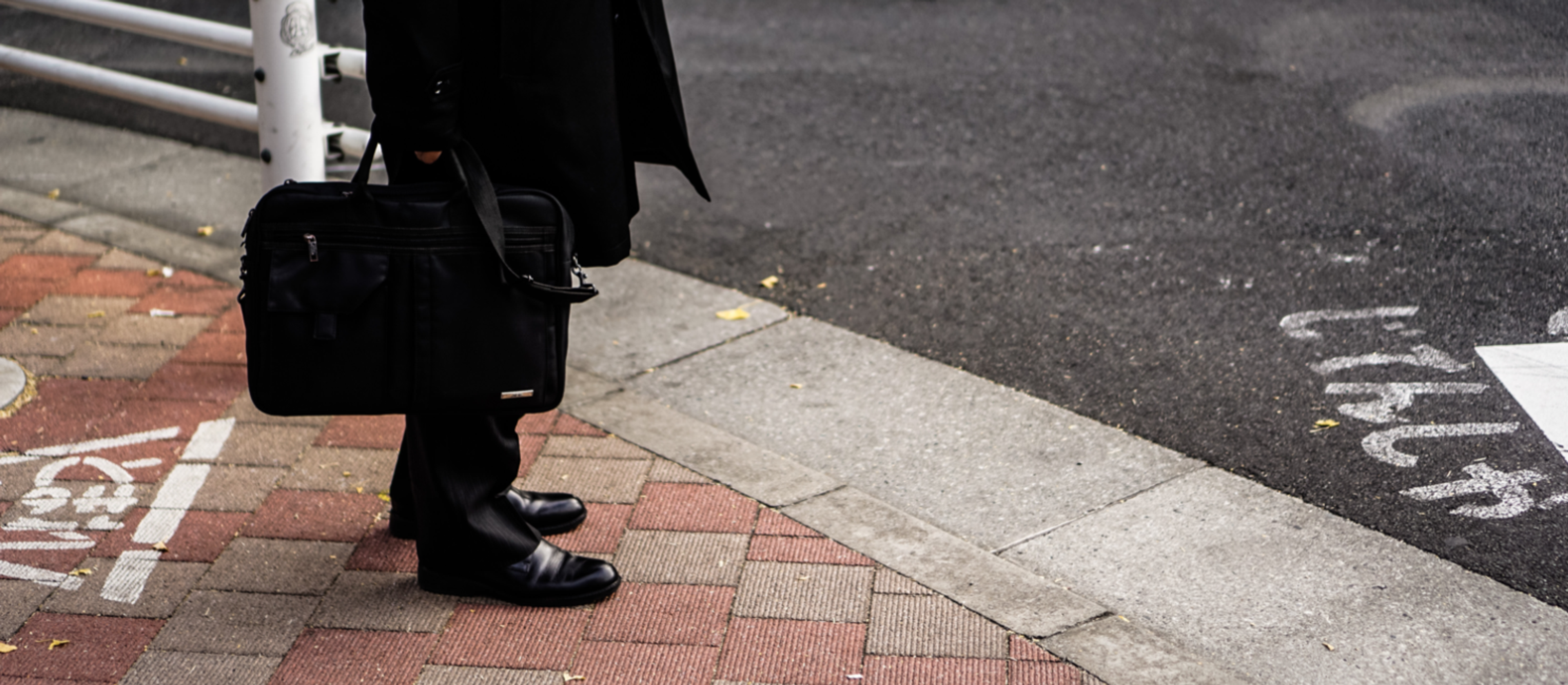3 Tips for Getting Money from the Taxman
- By
- Murray Humphrey

Ah, the taxman. Unlike Santa, or the Easter Bunny, who bring gifts, the taxman taketh away. Boo.
While most of us don’t object to the concept of being taxed, it’s important to make sure that you are making the most of your own individual circumstances to ensure you’re not paying more than you need to. In this blog, we’ll take a look at some of the lesser-known tips that could help you boost the money that’s left in your pocket.
Tip 1: Claim additional tax relief as a higher-rate tax payer
Do you pay tax at a higher rate than 20%? (The basic tax rate).
When you pay into a pension as a higher-rate tax payer, you may claim additional relief when you do your self-assessment tax return. How does it work?
Ok, let’s break this down a little. The government really wants people to save for retirement, so for every £1 you pay in, you get a 25% top up from the government. You must be a UK resident for tax purposes.
Here’s a couple of characters to help us out.
Anna pays basic rate tax, and she decides to put £1000 in her pension. Her pension provider claims the top-up of £250 for her, so she ends up with £1250 in her pot.
Ben pays higher rate tax at 40%, so he pays in £1000, gets his government top up, and has £1250 in his pot too.
Now, as a high rate tax payer, when Ben completes his self-assessment tax return, he will declare the contributions that he paid into his pension(s) (in this example £1,250 inclusive of tax relief claimed by his pension provider) and claim additional tax relief of £250 in respect of his pension contribution. This will result in a tax refund form HMRC (money in his pocket) or offset against any tax liability that he may have to pay to HMRC)
(Please note: you may only claim additional tax relief on the portion of your income taxed at a higher rate. You can only benefit tax relief on your pension contributions up to 100% of your earnings or £3,600, whichever is greater. If total contributions paid into your pension(s) in a tax year exceed £40,000 there may be a charge. Your capital is at risk.)
Tip 2: Claim up to 100% of your tax back on child benefit
Do you have children eligible for Child Benefit and is your total annual household income greater than £50,000 (before taxes)?
When you pay into your pension, you get a bonus from the government added to it, and may claim up to 100% of your tax back on child benefit depending on your household income and your pension contribution levels. Let’s break this one down a bit further.
For every £100 you earn above £50,099 you have to pay back 1% of the child tax benefit you receive.
For example, if you receive child tax benefit of £1,115.65 per year you have to pay back £11.15 to the government for every £100 you earn above £50,099. This means that if you earn £60,000 or more per tax year you have, in effect, to pay back to the government the child tax benefit received in that year. (This is normally done via your self-assessment tax return and calculated every tax year).
Ouch. So, what you can do here is net off your pension contributions from your salary. For example, if you’re earning £60,000 per tax year (before taxes),and pay £8,000 into a pension, this will reduce your taxable salary and the child benefit tax charge that would be due to HMRC. AND you get all the nice additional bonuses and relief I mentioned in tip number one.
This is a simple example, however you should take into account your personal circumstances (e.g. household income, number of children, amount of child benefit received, to understand how your pension contributions may reduce your taxable salary and reduce the child benefit tax charge) This might be a nice one to discuss with your accountant or a financial adviser.
Tip 3: Reduce your limited company’s corporation tax bill
This one is a bit easier to wrap your head around.
Employer pension contributions come out of your company’s revenue, essentially as a business expense. You only pay corporation tax on your company profits. Now, you won’t get the same top up from the government that an individual would, but you can save a tasty 19-25% (depending on the amount of the company profits) if you are liable for that corporation tax.
(Please note: the taxman can request evidence to check if pension contributions were paid ‘wholly and exclusively’ for the purpose of the trade for it to be deductible as business expense. This is to ensure that companies are not avoiding paying tax by, for example, the company making pension payments to a spouse or partner who is technically employed, but rarely visits the company premises and does little work.)
As always, any individual circumstances should be discussed with an accountant or financial adviser. This blog does not constitute financial advice. Check out unbiased.co.uk for a list of financial advisers.

Murray Humphrey
Penfold